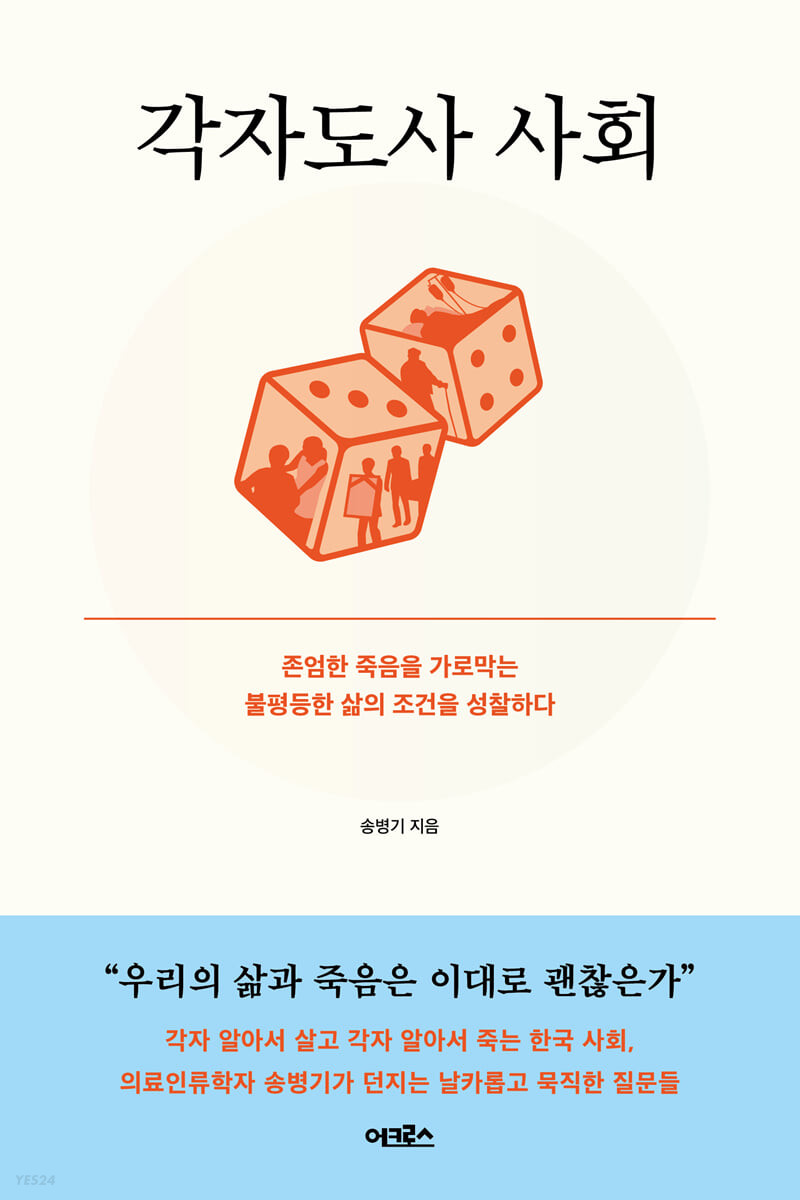
MMTG
Oh Minji: One fan’s remark sums up the MMTG fifth anniversary special, “I wish I can live as a member of TXT”: “I don’t think this is, ‘I would like to live as.’ I think this is more like, ‘Looking for trouble.’” In the special, TOMORROW X TOGETHER goes through a dry run and a camera rehearsal, records the show and records more for a Ronin and a jib, making sure they know where the cameras will be and checking each recording so they can improve their choreography—all for a three-minute spot on SBS’s Inkigayo. They shoot different things like group photos, #TXT of the Day photos, individual photos and TikTok challenge videos all throughout the whole process. As the members of TOMORROW X TOGETHER go through with everything with smiles on their faces, Jaejae looks more tired than at any other point in the series’ history, unsure who’s the real devil as she watches the group perform “Devil by the Window” and finding herself asking, “Can I go home now?” The TOMORROW X TOGETHER members each have their own way of describing why they and Jaejae are having such a different experience, but it all amounts to the same thing. And the things they have to say are much like the comments on the video—the same reason TOMORROW X TOGETHER can “perform perfectly even when they’ve been up for over 24 hours,” and the same reason they “work all night and can still smile” even when some people only “look at everything the idols are able to achieve and don’t think of all the hard work that goes into it.” So, the reason? MOA. “When I hear their screams” and “when I see MOA, my energy gets recharged”—MOA, who “watch that clip for an hour” even though it’s only some three minutes long.
Tár
Im Sooyeon (CINE 21 reporter): She’s the first woman to be the conductor of the Berlin Philharmonic. She’s won Emmys, Grammys, Oscars (Academy Awards) and Tonys, making her an EGOT, the grand slam of American pop culture. Her autobiography, Tár on Tár, is about to be published. Enjoying almost every level of fame a conductor can achieve, Lydia Tár (Cate Blanchett) is about to record her dream piece: Mahler’s Symphony No. 5. The moment she reaches the peak, tragically, her fall begins. The movie Tár is not a touching human drama chronicling a woman who has overcome gender discrimination in the art scene. Rather, Lydia Tár is a sex offender who has long been grooming and exploiting her female students and even now turns a blind eye to the suffering of those women and even goes so far as to frame them. The movie takes the bold approach of tracking the perpetrator’s inner world after it throws the audience into the uncomfortable realization that women, themselves sexual minorities, can commit sex crimes by leveraging their status. Controversial questions about art and authority, the self-destructiveness of fascination and the morality of art and its artists are intertwined in unusual, unexpected ways. Cate Blanchett, playing the titular character, has now emerged as the most likely Oscar nominee of the year.
A Society Where Each Person Plans Their Own Death (Reflects on Unequal Conditions in Life That Prevent a Dignified Death) (Byung-Ki Song)
Kim Gyeoul (writer): Death comes for us all. Most people expect their own death will be dignified and can imagine it as such but fate’s roll of the dice is rarely so generous. There’s no way to guarantee you’ll die an ideal death, left in good hands treating you with care as you close your eyes and achieve clarity of mind. Will I die in the hospital? In a nursing home? At my own home? Will I be looked after by my family? A trained caregiver? Or, maybe, no one at all? With such a wide spectrum, the process of dying is in no way a balanced or smooth one. The author of this book, a medical anthropologist, explores the many different sides of death and examines what kind of social structures death in our society is tied to. Everyone dies eventually, so death is necessarily a product of society and everyone in it. This book goes beyond the typical advice that you have to prepare for old age and live a good life in order to die a good death; instead, it makes us think about what we all need to do in order to die with dignity.
“Orpheus” (Gong Joong Geu Neul)
Kim Yunha (music critic): The world is an endlessly exciting place—ever faster, ever higher, ever more elaborate. It can bring a person to tears trying to find some way of standing out in a thick forest of nearly uniform noise. This is a world where we watch TV on 1.5x speed. In a world where we just “check” music through one-minute previews, I suddenly see someone moving along at their own pace, undeterred by anything else around them. I watch them from behind as they move raggedly with something like a limp. What starts as concern—how can someone survive that way?—soon turns into a strange desire to walk alongside them. “It’s okay. We’re moving on.”
“Orpheus” is the lead single off the second EP from band Gong Joong Geu Neul, who has been steadily putting out music since their formation in 2016. They weave dreamy stories and melodies into all their music, pursuing a dream pop and shoegaze sound, and as we can hear in this single, they take major inspiration from the band Fishmans in everything from the name of their band to their music. Their unique rhythm, an unrivaled freewheeling mix of dream pop, dub, reggae and ambient, drifts through the shadowy air on soft, transparent wings and has famously had an almost universal influence on every indie band to follow in Korea and Japan. Someone quietly hums behind us. A cool breeze lilts in unannounced, moving us forever and ever forward. Let romance take the place of stimulus. All is peaceful and warm.
Unauthorized reproduction and distribution prohibited.
